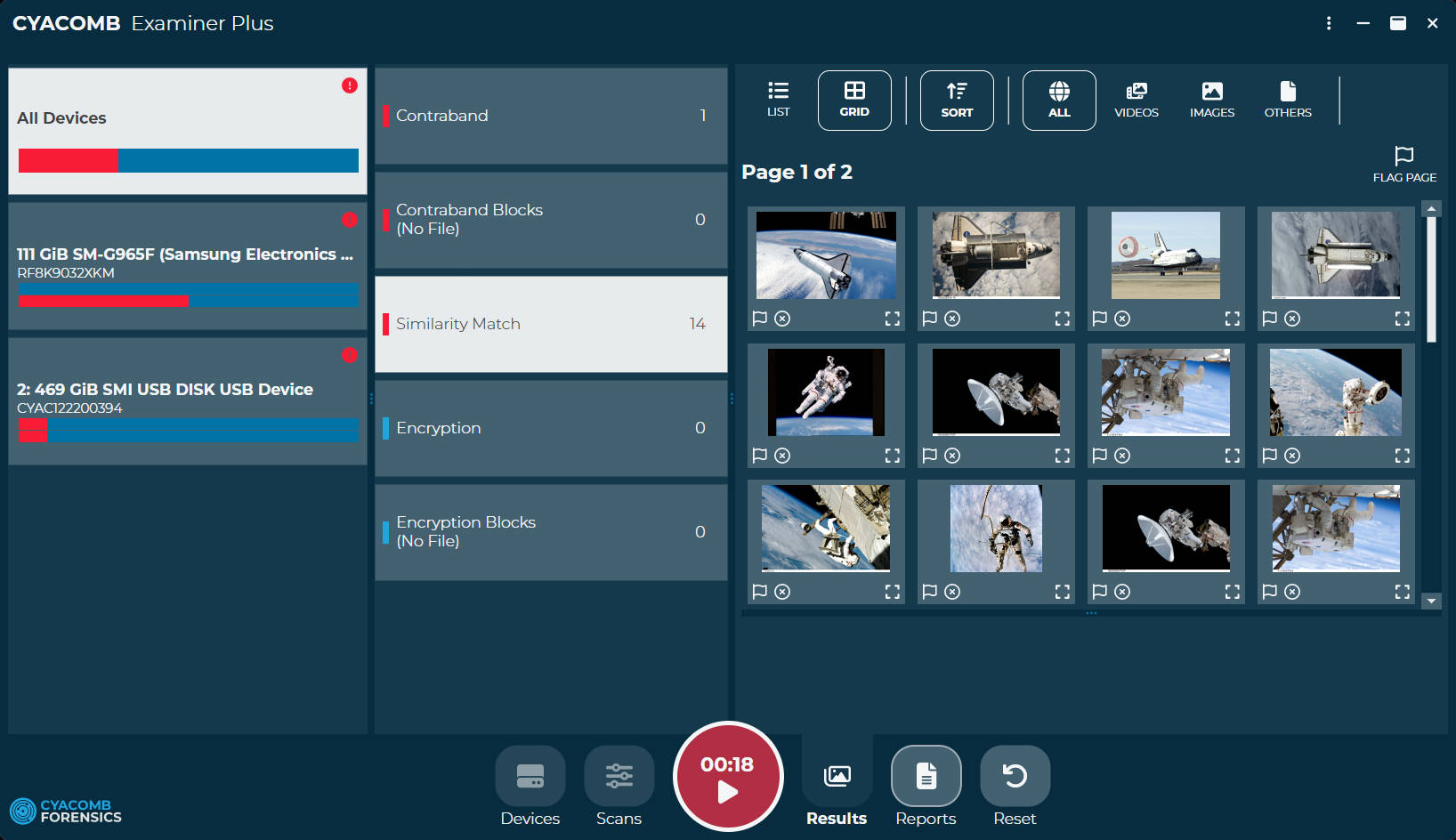NCSC offers schools free cyber defence tools

Image courtesy NCSC
Schools can now benefit from free cyber defence tools from the nation’s leading experts to help them protect their emails and websites from online attackers.
All UK schools are encouraged to sign up for Mail Check and Web Check: two pioneering services that help organisations identify potential cyber security issues and fix them promptly.
The tools, from the National Cyber Security Centre (NCSC) – a part of GCHQ, have been rolled out to help schools defend against the continuing threat from cyber criminals whose activities can put sensitive data at risk and affect institutions’ reputation and ability to operate.
It is the latest example of the NCSC supporting the education sector as settings rely more on technology, with hundreds of universities already benefiting from the services which form part of the NCSC’s Active Cyber Defence programme.
Successes include one university reporting a 99% decline in the number of malicious spoof emails sent out using their domain in just two weeks after signing up for Mail Check, and thousands of urgent web issues being fixed after education institutions were alerted by Web Check.
Sarah Lyons, NCSC Deputy Director for Economy and Society Resilience, said: “Technology plays a central role to the way schools operate, so it’s vital they have the right controls in place to identify security issues and fix them promptly.
“By signing up to our pioneering Mail Check and Web Check services, schools can help to defend their email servers and websites from common cyber threats with a few actionable steps.
“We strongly encourage schools to use these free tools to help make the most of modern technology in as safe a way as possible.”
The Active Cyber Defence programme helps prevent millions of cyber attacks from causing harm in the UK.
The Web Check service scans websites to check for common, significant vulnerabilities and sends a report to organisations flagging any issues according to severity alongside advice on how to fix the problems.
Mail Check is also designed to help technical teams assess and improve two areas of email security: anti-spoofing controls to prevent attackers sending emails pretending to be from your organisation, and email privacy measures to prevent data being altered or read in transit.
Lead Minister for Cyber Security and the Chancellor of the Duchy of Lancaster, Rt Hon Steve Barclay MP, said: "While the use of online services within the education sector has brought fantastic opportunities, we have seen increased risks too. That's why it is imperative that children right across the country have the protection they need to stay safe online and our schools have robust cyber resilience.
"Thanks to the National Cyber Security Centre, our schools can now benefit from free online tools developed by the nation's leading experts, helping them identify potential cyber security issues and fix them promptly.
"I strongly encourage schools to use these free tools to help make the most of modern technology in as safe a way as possible.”
Schools Minister Robin Walker said: “Schools have embraced technology to support the invaluable face-to-face learning provided by teachers, but this has reinforced the need to ensure that their online systems are secure.
“The Web Check and Mail Check tools that are being offered will help protect schools from the threat of cyber-attacks, which have the potential to have a significant impact on school networks and as a result, pupils’ learning.”
Hundreds of further education colleges and universities have already benefited from the services, with more than 75% of eligible universities having signed up for Web Check and more than 80% registering for Mail Check.
A recent Web Check scan of 10,800 college and university domains showed the service had alerted users to more than 2,700 urgent findings. Having been notified and prompted with NCSC mitigation advice, users have so far managed to fix more than 92% of these findings.
Also, in one case, thanks to Mail Check monitoring, one university was able to spot 36,642 malicious emails being sent out from their domain within the space of just two weeks.
The service helped the university implement the right DMARC controls and in the two weeks after implementing the policy, there were just five malicious emails identified and successfully quarantined – a reduction in spoofing of 99%.
A new blog post outlines how Mail Check and Web Check might apply in a schools context. More information about the Active Cyber Defence programme can be found on the NCSC website.











